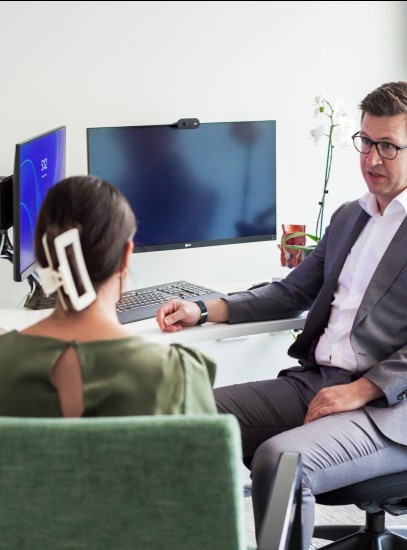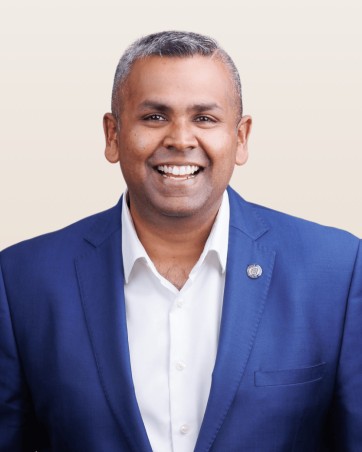Home / Diseases & Conditions / Achalasia
Achalasia
Achalasia is a rare condition that affects the oesophagus (the food pipe that connects your mouth to your stomach). It occurs when the muscles in the lower oesophagus lose their ability to move food downward, and the valve at the bottom (called the lower oesophageal sphincter) fails to relax properly. This combination of poor muscle movement and a tight valve leads to difficulty swallowing, a sensation of food being stuck, and sometimes chest discomfort.

Achalasia can affect people of any age but is most commonly diagnosed between the ages of 30 and 60.
Diagnosis is confirmed with tests that examine how the oesophagus moves and functions, including oesophageal manometry (a test of muscle activity), barium swallow X-ray, and gastroscopy.
Symptoms of achalasia tend to develop slowly and worsen over time. Symptoms can resemble other conditions like gastro-oesophageal reflux disease or even oesophageal cancer, so specialist assessment is important.
Common symptoms of achalasia may include:
Difficulty swallowing (dysphagia), particularly with solid foods
Regurgitation of undigested food or saliva
Chest pain or discomfort, especially after eating
Heartburn-like symptoms
Unintentional weight loss
Coughing or choking, particularly at night

Achalasia Treatment
Although there is no cure for achalasia, treatments aim to relieve symptoms by improving the passage of food into the stomach.
The choice of treatment depends on the individual’s age, symptoms, and preferences, and is typically guided by a gastroenterologist or oesophago-gastric surgeon.
With the right treatment and care, most people with achalasia are able to manage their symptoms effectively and maintain a good quality of life.
Non-Surgical Treatments
Surgical Treatments

Achalasia is a chronic condition, and while treatment can greatly relieve symptoms, ongoing monitoring may be required.
Some patients may develop recurrent symptoms over time and need repeat procedures.
If you are experiencing persistent difficulty swallowing or unexplained weight loss, it is important to see a gastroenterologist or oesophago-gastric surgeon.
Early diagnosis and intervention can significantly improve outcomes.




